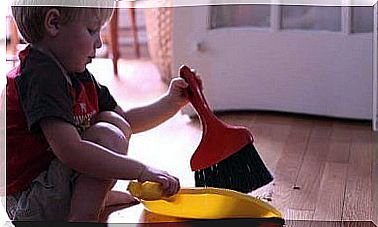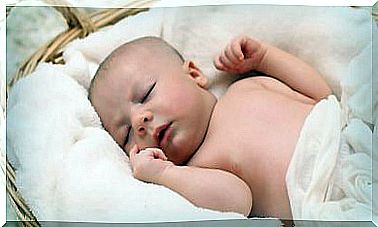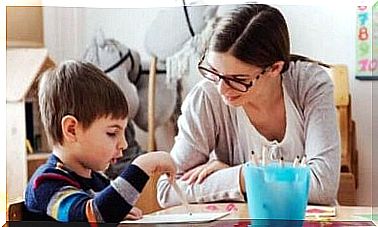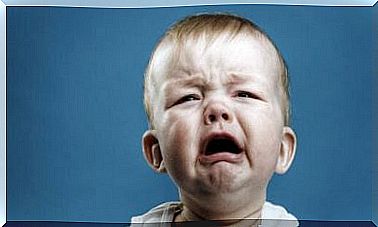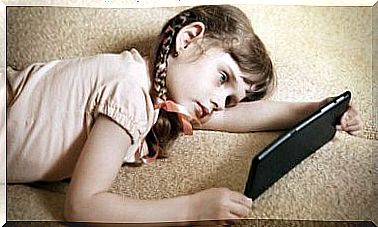How Do I Recognize An Ear Infection In My Baby?
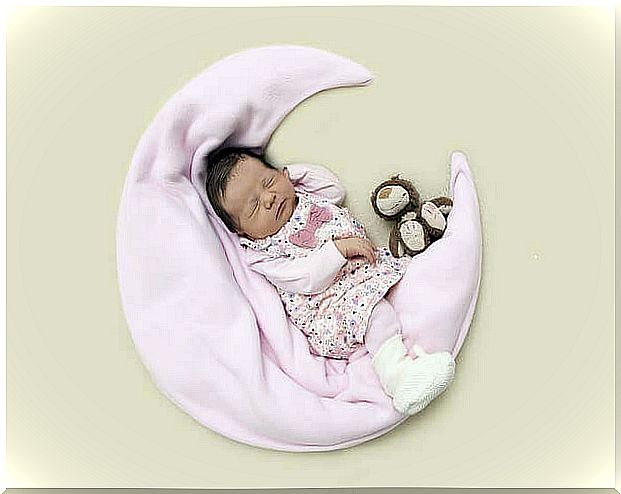
Today’s article is about how to spot an ear infection . Often babies wake up suddenly at night and cry loudly , they are more irritable and do not like to be touched in the ear area.
First-time parents in particular do not yet know how much their sleeping habits will change with the arrival of the baby. Because they are always ready, especially when it is sick.
An ear infection can also lead to a fever and loss of appetite. It is a common condition in babies, so it is good to be informed about it.
Is it actually an ear infection?
It is not always easy to spot an ear infection because the symptoms are similar to those of teething. However, treating it quickly is very important, so you should know how to spot an infection in the ears.
The following symptoms often indicate this:
- The baby is irritable, restless and agitated
- it has a fever
- Nausea,
- Diarrhea and
- often grabs his ears.
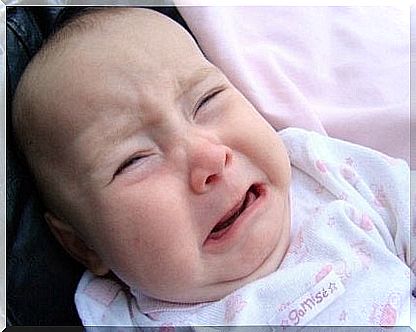
You also need to consider certain circumstances: Was your child recently sick? Has it been suffering from the symptoms for several days? Are there other children in the area with the same symptoms (nausea could also be caused by gastritis, for example, if diarrhea occurs, it could be gastroenteritis, etc.)?
If you have an ear infection, you will need to take your child to the doctor
If you suspect your baby may have an ear infection and they are younger than 6 months, you should take them to the pediatrician as soon as possible. So you can play it safe and your sweetheart can be treated properly if necessary.
Let the pediatrician know of any symptoms you’ve observed. He also needs to know if your baby is on medication.
Antibiotics are not always necessary. They should be avoided if possible as they can have harmful side effects. The inflammation is often triggered by viruses, in which case antibiotics are pointless.
If necessary, speak to your doctor about this, but follow their advice.
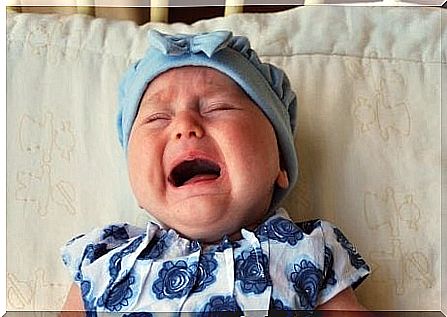
The doctor will determine if there is any redness, discharge, or swelling on the ear. To determine this, he uses an otoscope (ear mirror).
An ear microscopy also allows the finest changes in the tissue to be detected. The doctor will also examine the nose and nasopharynx with an endoscope.
To determine the pathogen, the doctor can also take a sample of the secretion and have it examined in the laboratory.
In most cases, these examinations are sufficient to establish an accurate diagnosis.
During the healing process, you should only touch your child’s ears very carefully when necessary. Try to keep it as upright as possible while you eat. A humidifier is also useful for clearing the baby’s airway.

